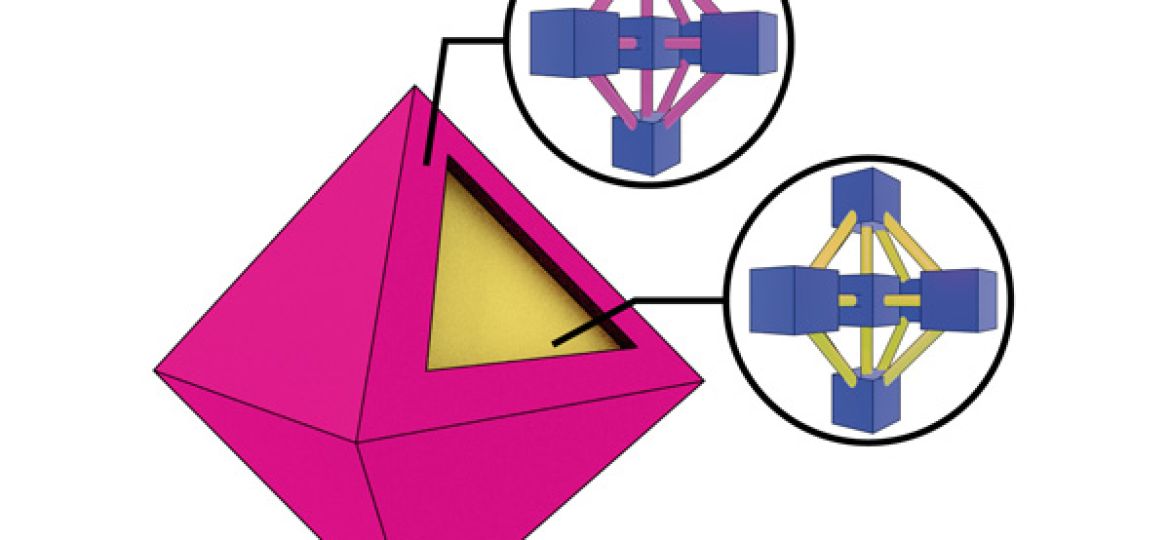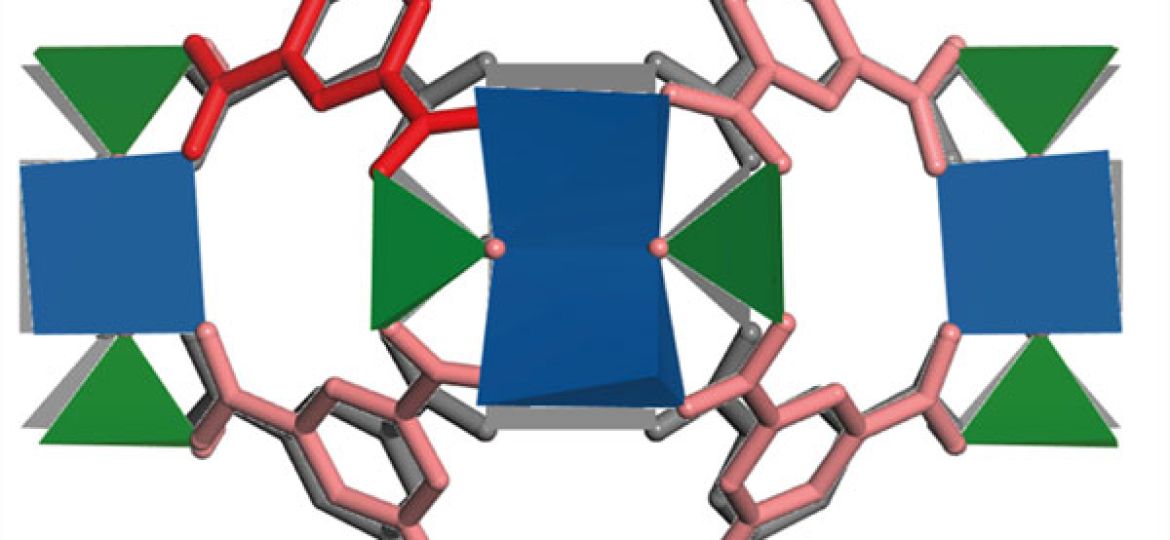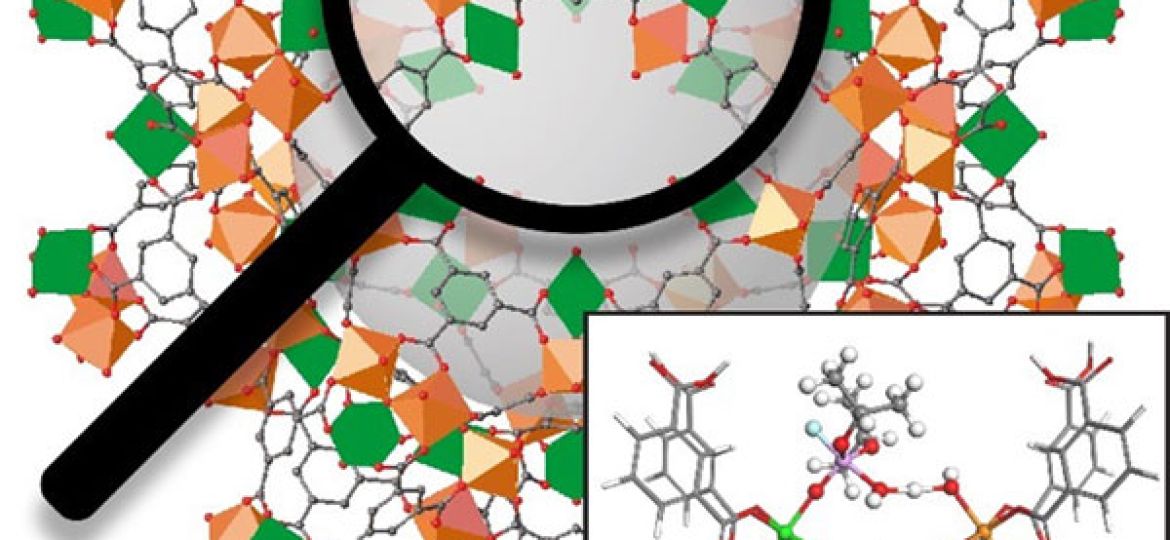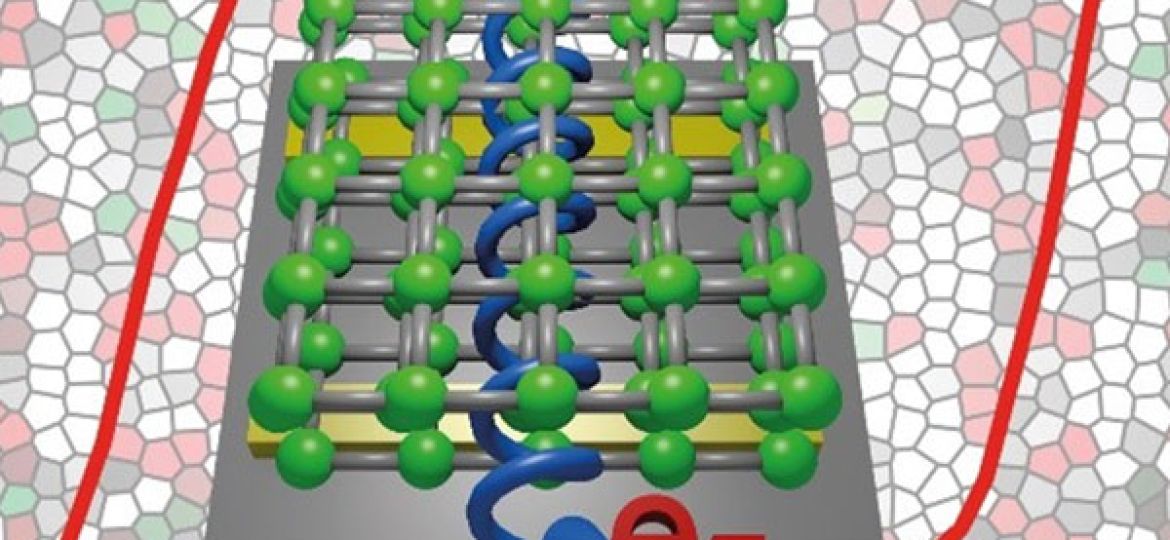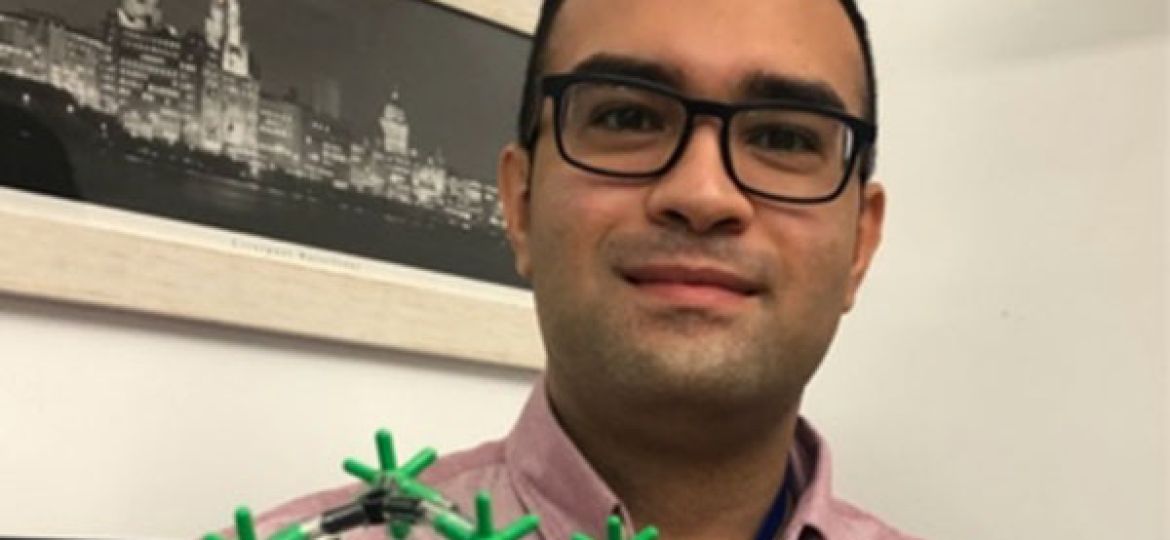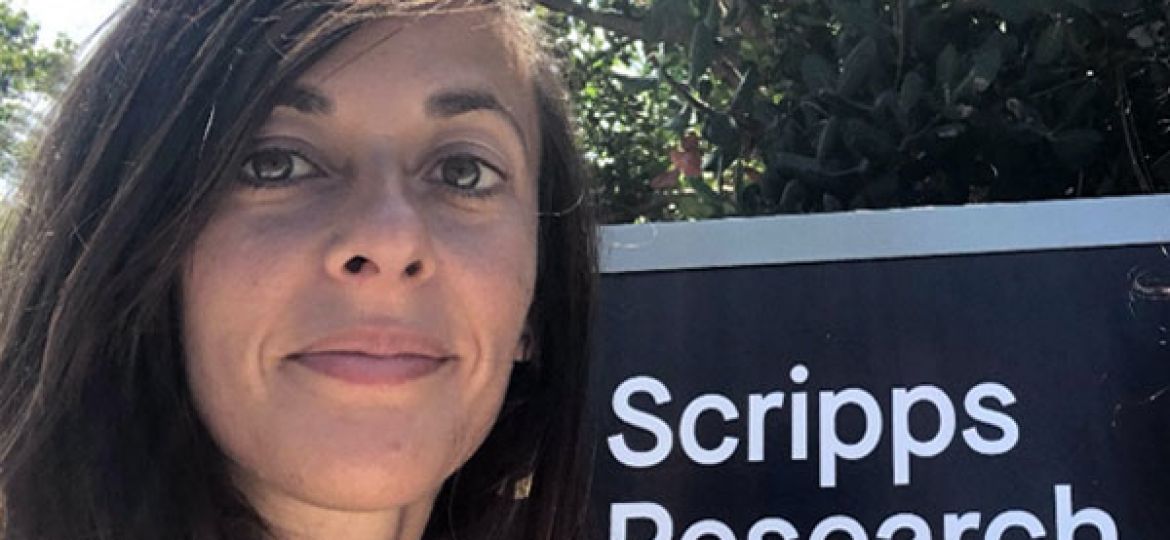Víctor has received the prize NanoMatMol by the RSEQ to the best thesis in Nanoscience and Molecular Materials in 2019 and the best thesis in Chemistry by the Universidad de Valencia. Well done Víctor!. Check the link for further info.
Congratulations to Dr. Castells-Gil after his excellent remote PhD Thesis defense. The jury was formed by Profs. Serre, Lotsch and Gascón. Javi has done a great job developing new families of titanium-organic frameworks and studied their applications in catalysis. All the best for your new endeavours at the University of Birmingham. Congratulations!
Our work with heterometallic titanium-organic frameworks has been highlighted in the news. The use of these materials in the degradation of nerve agents exemplify one of the many applications that can be accessed by the controlled incorporation of two metals in the inorganic nodes of the MUV-101 family. See the news in English and Spanish.
Natalia has been awarded with one the fifteen prestigious fellowships by the Fundación La Caixa in the category Retaining. These fellowships are intended to foster high-quality, innovative research in Spain and Portugal and to support the best scientific talent by providing them with an attractive, competitive environment in which to conduct excellent research. Check the web for more info.
Belen’s work has been published in JACS. By using crystals of the mesoporous MOF UiO-68, we demonstrate how the conditions for linker exchange reactions permit controlling the incorporation of photoactive linkers across the crystals for asymmetric distributions that maximize photocatalytic performance. Click for more info
Isabel’s work has been published in Chemical Science. Her work shows the ability of isophthalic to promote defect creation in the heterometallic Ti-MOF of the MUV-10 family. Compared to monocarboxylic acids, this bidentate linker permits compensating the structural distortion and energy penalty imposed by breaking the connectivity of the underlying framework. Click for more info
Javier, Natalia and Neyvis work has been published in Chem. Their work shows how the combination of Ti(IV) with different metals leads to heterometallic Titanium-Organic Frameworks with catalytic activity towards the degradation of nerve agent simulants. The synergetic cooperation of Ti(IV) and Fe(III) sites enables the degradation of Sarin simulants in water without additional co-catalysts. By using an integrative experimental/computational approach, we answer one of the key open questions in the area of mixed-metal MOFs: how can the metals in the inorganic node influence each other for tuning the performance of the material? Click for more info
vVíctor’s review work on the charge transport and spin crossover properties of metal-organic frameworks (MOFs) and coordination polymers (CPs) has been published in the prestigious Chemical Society Reviews. This is FuniMat’s first review article so far and hopes to bring together two research interest that have been rarely considered together electrical conductivity and the spin crossover transition. The effects of processing the materials as nanofilms and a few significant functional devices are also analysed. We are confident that these areas hold great technological potential and we expect an increasing number of fundamental studies which are necessary for the integration of MOFs and CPs into more sophisticated electronic devices. You can read the full review here.
Daniel is Valencian born and breed and will graduate in Chemical Engineering at the University of Valencia by the end of 2021. He has just joined FuniMAT to help us in approaching the validation of our Ti-MOFs of industrial relevance in the detoxification of organic pollutants. He loves comics (unfortunately Marvel mainly) and is a big fan of Physics and Star Wars. May the force be with him!
Natalia comes back to the group after a successful postdoc at Baran’s lab at Scripps Research in La Jolla. As a La Caixa Junior Leader Fellow, she will be leading a new research line that intends to exploit the potential of titanium-organic frameworks in photoredox reactivity. Welcome back!





